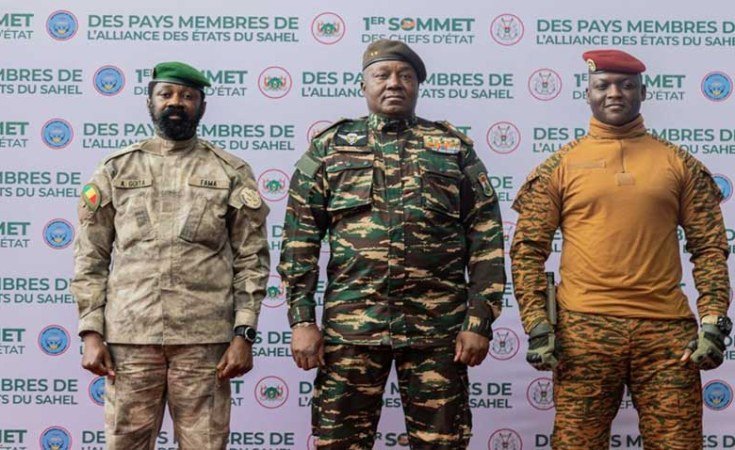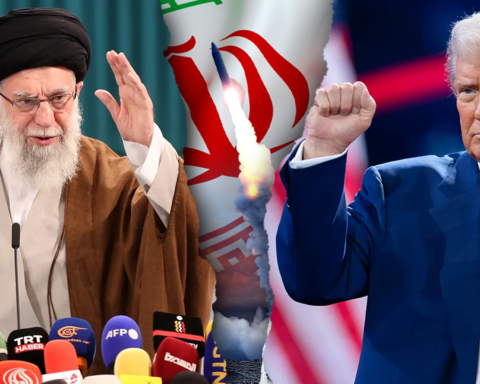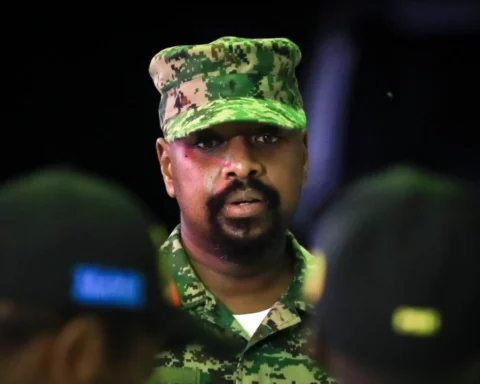The governments of Burkina Faso, Mali, and Niger have announced plans to withdraw from the International Criminal Court (ICC), a move that rights advocates warn could erode accountability and leave victims of grave abuses without access to justice.
The three countries, all led by military juntas, declared on September 22 that the ICC had become “a tool of neocolonial repression.” They argue the withdrawal is necessary to protect their sovereignty and pursue what they call a more independent path. Critics, however, say the decision reflects a growing trend of isolation, as the countries distance themselves from global institutions that have traditionally offered oversight and protection.
Human Rights Watch and Amnesty International swiftly condemned the move. Liz Evenson, director of international justice at HRW, said that exiting the ICC would weaken protections for people in the Sahel at a time when national courts lack the capacity—or the political will—to investigate and prosecute atrocities. She urged the African Union and ICC member states to pressure these governments to reconsider.
Under the Rome Statute, withdrawal from the court takes effect one year after a country submits its formal notice to the United Nations. During that period, the countries remain bound by ICC obligations, meaning investigations already underway could continue.
The decision comes against a backdrop of violence and instability. Over the past decade, Burkina Faso, Mali, and Niger have battled jihadist insurgencies and cycles of political upheaval. Civilians have borne the brunt of these crises, facing forced displacement, unlawful killings, and repeated attacks on villages, aid convoys, and places of worship. Rights groups argue that removing ICC oversight risks deepening a climate of impunity in which perpetrators of war crimes and crimes against humanity may go unpunished.
Also Read; Malawi President Concedes as Mutharika Returns to Power
Beyond the legal implications, the withdrawals also carry strong political symbolism. Earlier this year, the three nations left the Economic Community of West African States (ECOWAS) and formalized a new bloc known as the Alliance of Sahel States. By stepping away from international agreements, analysts say, the juntas are signaling both defiance and a recalibration of their foreign policy, moving further from Western-backed institutions while forging new regional alliances.
For many in the Sahel, the announcement has stirred fear. Victims’ groups argue that without the ICC, survivors of massacres, sexual violence, and other crimes will be denied even the hope of international justice. “This is a betrayal of victims,” said one activist in Bamako. “If our national courts cannot act, and the ICC is gone, where do we turn?”







